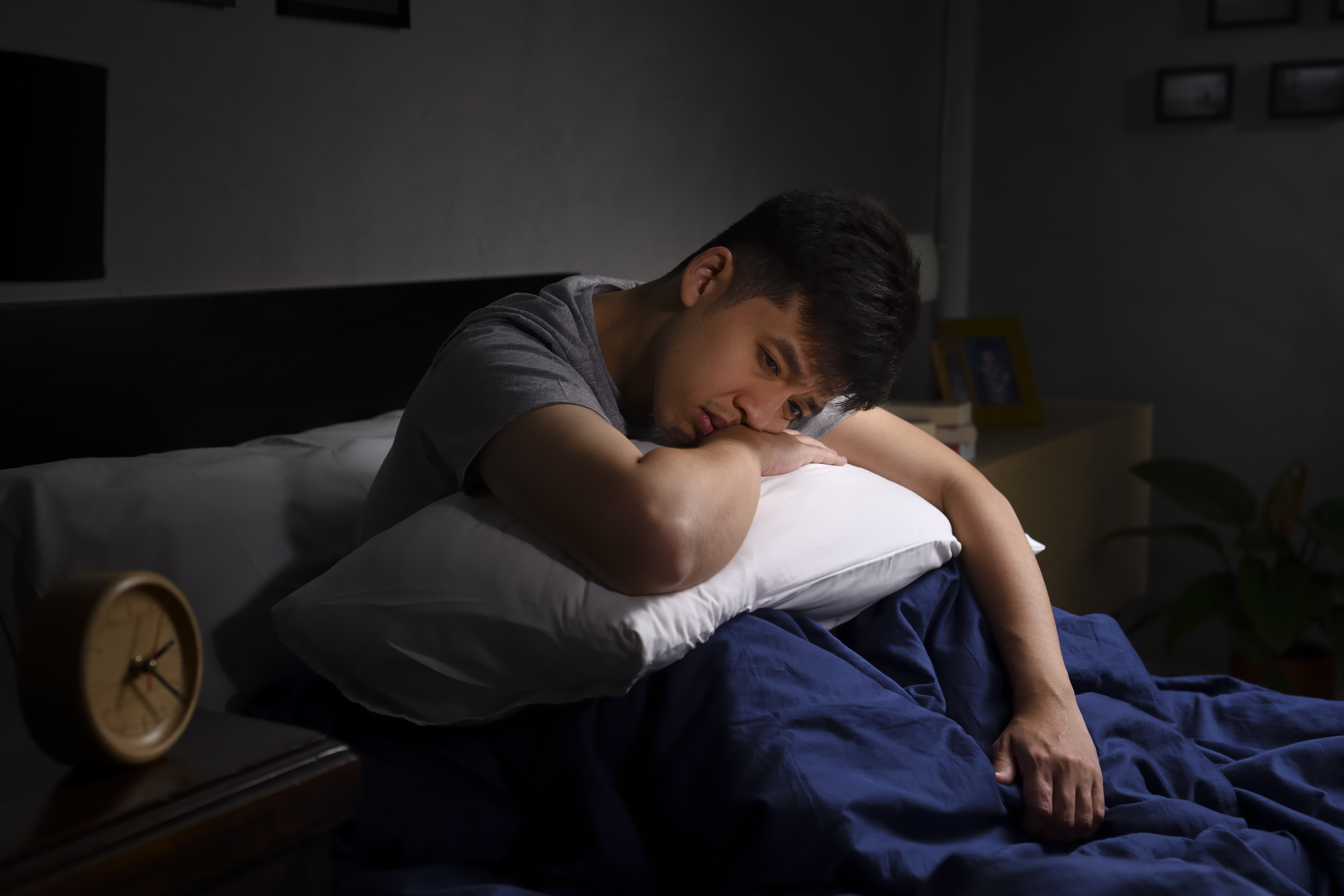
Blog
How Sleep is Impacted by Pets Sharing Your Bed
We all know that getting a good night’s sleep is essential for our overall health and wellbeing. But when you add a pet into the

We all know that getting a good night’s sleep is essential for our overall health and wellbeing. But when you add a pet into the

Has the pandemic affected your sleep schedule? Researchers have noticed an uptick in sleep disorders due to the pandemic. Maybe it’s because of the extended time spent


